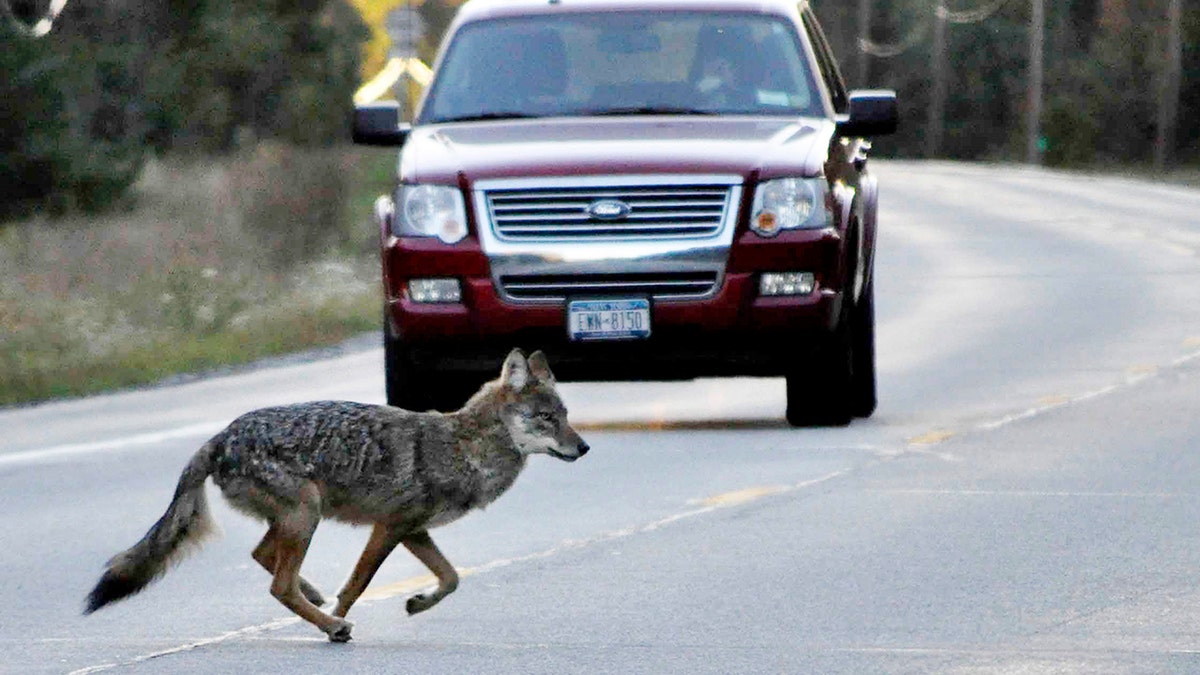Wildlife killing contests, with names like Predator Slam and Squirrel Scramble, are facing increasing scrutiny in New York. These competitions, where hunters compete for cash prizes by bagging the heaviest animals, are raising concerns among animal rights activists. While proponents argue these events raise funds for local communities, opponents view them as unethical and unnecessary slaughters.
Currently, eight states have banned such contests, and advocates are urging New York Governor Kathy Hochul to sign a recently passed bill that would outlaw them. Brian Shapiro, New York state director of the Humane Society of the United States, argues that using wildlife in this manner is exploitative. Opponents of the ban, however, see it as an attack on rural traditions and a misunderstanding of the role these contests play.
David Leibig, executive director of the New York State Trappers Association, defends the events, highlighting their role in supporting local fire departments and other community groups. He disputes the characterization of the contests as mere "blood fests," emphasizing the family-friendly atmosphere and fundraising benefits. According to Leibig, the contests are not just about killing animals but also serve a practical purpose in managing wildlife populations, particularly coyotes, which are often seen as a threat to livestock.
While these contests have existed for decades, the recent push for bans reflects a growing national trend. The Humane Society reports that similar prohibitions are in place in states like California, Colorado, and Arizona. Oregon is also considering a ban. The proposed New York law would prohibit organizing, promoting, or participating in wildlife killing contests for prizes or entertainment, though hunting itself would remain legal. The law would exempt deer, bear, and turkey, as existing hunting regulations already manage these populations.

A coyote runs across New York state Route 3 outside of Tupper Lake, New York. (Mike Lynch/Adirondack Daily Enterprise via AP, File)
Assembly sponsor Deborah Glick criticizes the contests as "gruesome and wasteful," noting that many of the killed animals are discarded rather than used for food or pelts. One example cited by critics is a three-day coyote hunt in Sullivan County, which offers a $2,000 prize. John Van Etten, president of the Federation of Sportsmen’s Clubs of Sullivan County, defends the event, stating that it raises up to $12,000 for youth programs and the local fire department. He believes the opposition stems from a lack of understanding about hunting and the role of coyotes in the ecosystem.
While proponents argue these contests help control wildlife populations, opponents contend they can actually increase coyote reproduction by disrupting pack dynamics. Governor Hochul is currently reviewing the legislation, which passed the Democrat-controlled Legislature in June. Republicans have opposed the bill, arguing that it infringes upon rural traditions. Supporters of the ban, however, emphasize that it targets wasteful contests, not hunting in general, and that such competitions could erode public support for hunting overall.
Comments(0)
Top Comments